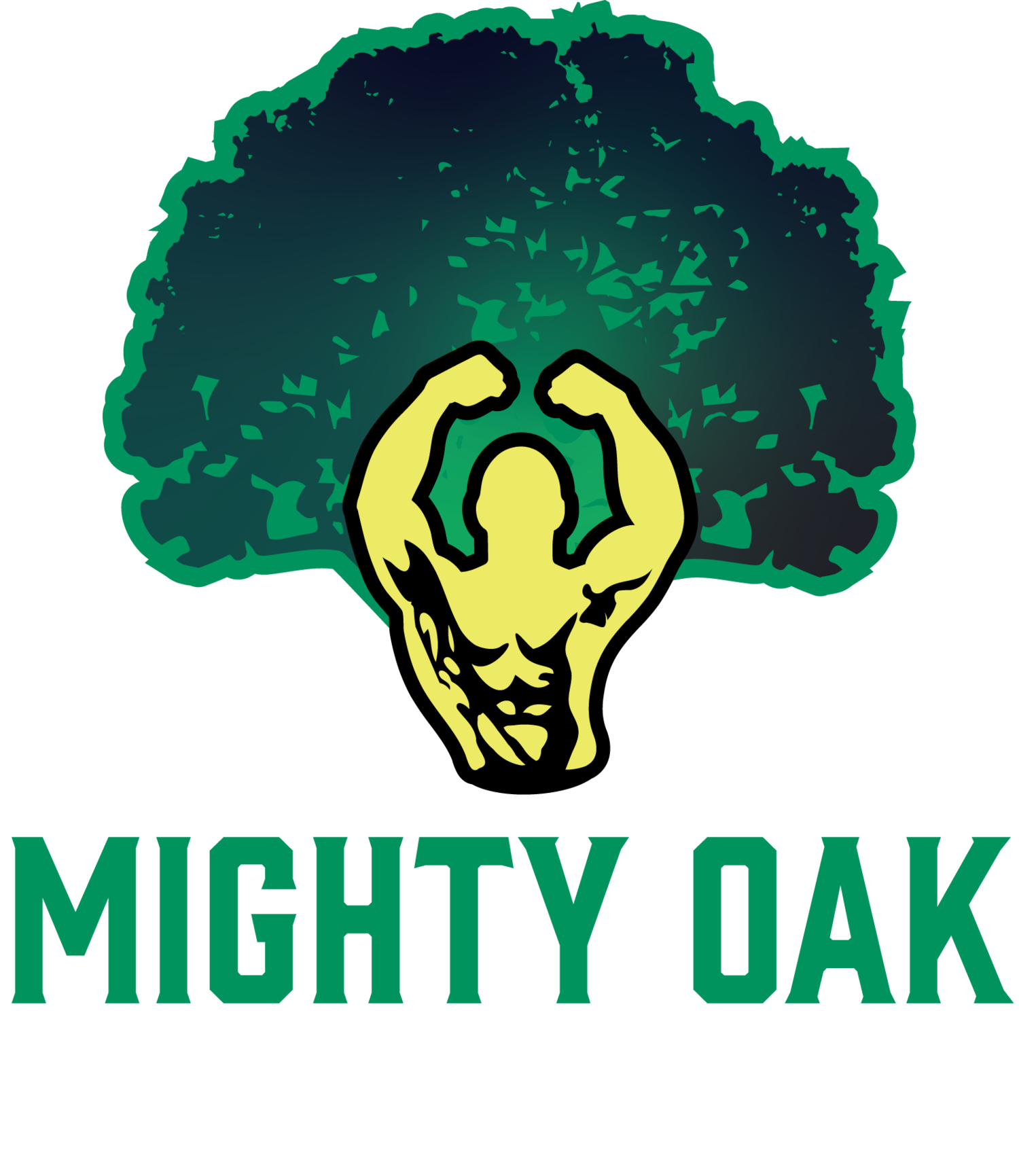The Comeback Kid and the Ancient Coach: Ancient Athletic Wisdom for Modern Athletes
Mighty Oak Athletic Podcast S2:E43 - The Comeback Kid and the Ancient Coach: Ancient Athletic Wisdom for Modern Athletes
The Comeback Kid and the Ancient Coach
Sophomore pitcher Ella Torres felt her season slipping away before it even started. A winter of “grind‑til‑you‑drop” workouts left her shoulder aching and velocity flat. Then her dad handed her a dusty translation of Gymnasticus—a 3rd‑century training manual by the Greek writer‑coach Philostratus.
What could a toga‑wearing philosopher possibly know about modern fastballs? Plenty. Philostratus preached a balanced, science‑meets‑art approach that’s shockingly on‑brand for today’s sports‑performance research. Six weeks after dialing in that balance under Mighty Oak Athletic’s program, Ella’s fastball is up four miles per hour, her shoulder feels brand‑new, and—bonus—her dad shed fifteen pounds training alongside her.
1. The Coach‑Scholar Mindset
Philostratus insisted a great gymnastēs (coach) studies each athlete’s temperament, growth stage, and build before scribbling a single workout. Mighty Oak’s coaches steal that same play:
Athlete profiles, not cookie cutters. Programs flex with growth spurts, exam stress, even sleep debt.
Movement screens first, load later. We correct squat depth and hip mobility long before chasing PRs.
Parent perk: Those assessments aren’t just for kids. Join the warm‑up line and you’ll discover what your own hips, hamstrings, and heart rate have been hiding.
2. Strength + Skill = Staying Power
Philostratus trashed one‑dimensional “muscle‑only” heroes. Modern data agrees: raw horsepower minus movement quality is a red‑flag combo for ACL tears and overuse injuries.
How we apply it:
Tripod programming. Every session balances a foundational lift (strength), a plyometric or sprint (speed), and a stability drill (control).
Rhythm reps. Tempo push‑ups and kettlebell swings groove coordination that translates to cleaner swing mechanics and sharper cuts on the court.
Parent perk: Master the same rhythm work and your pick‑up basketball game suddenly feels five years younger.
3. Cycle Hard, Recover Harder
Long before sports‑science Ph.D.s coined “periodization,” Philostratus had athletes ramp, peak, and deload with the seasons. He even prescribed “peaceful walks” on rest days to flush fatigue.
How we apply it:
Micro‑cycles: 3‑week build, 1‑week reload.
Auto‑regulation: Rate‑of‑perceived‑exertion scales to dial back when sleep or finals week tank recovery.
Active recovery menu: Low‑impact sled drags, band mobility circuits, and yes—Philostratus’ walking prescription.
Parent perk: Shared deload walks are sneaky family time that trims cortisol for everyone.
4. Character Reps Count, Too
In ancient Greece, athletes were community role models. Philostratus demanded discipline, sportsmanship, and humility as fiercely as he demanded speed.
How we apply it:
“Leave it better” rule. Athletes re‑rack weights, wipe chalk, and high‑five the next lifter.
Nutrition journal check‑ins. Honesty over perfection builds self‑accountability they’ll carry into exams, relationships, and careers.
Parent perk: When you train in the same room, your kids witness your own commitment—arguably the strongest motivator in the house.
5. Reject the Highlight‑Reel Trap
Philostratus roasted Roman blood‑sport for chasing hype over health. Swap “gladiator arena” for “social‑media clip culture” and the warning still lands. Research links early sport specialization and constant competition to higher burnout and overuse rates.
How we apply it:
Multi‑skill seasons. Off‑season blocks restore baselines and teach new patterns—think soccer keeper practicing Turkish get‑ups or a sprinter learning the Olympic lift hang clean.
Process > podium. Training logs reward consistency streaks, not just record boards.
Parent perk: Fewer weekend tournaments means more family bandwidth—and a bigger travel budget for actual vacations.
Quick‑Start Plan: Mighty Oak x Philostratus
(3 days/week – add sport practices on top)
Day
Strength Core
Skill/Rhythm
Stability
Monday
Trap‑bar deadlift 4×5
Med‑ball chest pass 4×6
Side plank 3×30s/side
Wednesday
Kettlebell clean & press 3×6/arm
Mini‑hurdle hops 5×5
Single‑leg RDL 3×8/side
Friday
Front squat 5×3
Sprint 4×30 m
Half‑kneel Pallof press 3×10/side
Warm‑up: 5‑min jump‑rope + dynamic mobility
Cool‑down: 8‑min walk + foam roll
Parents: scale loads and reps to your level; the movement menu stays the same.
Fuel & Feel
Breakfast: Greek yogurt + berries + oats
Lunch: Chicken‑avocado wrap + side of fruit
Pre‑lift snack: Peanut‑butter banana
Dinner: Salmon, quinoa, roasted veggies
Evening wind‑down: Tart‑cherry seltzer, screen‑off stretch routine
Hydration rule: ½ body‑weight (lbs) → ounces of water daily.
The Take‑Home
Philostratus’ 1,800‑year‑old playbook still beats the algorithm: train smart cycles, chase balanced power, recover like a pro, and lift character alongside iron. Student‑athletes slash injury risk, boost performance, and extend careers. Parents pick up energy, resilience, and priceless shared memories.
Ready to plug ancient wisdom into your modern season? Swing by Mighty Oak Athletic in Westmont, IL, or drop us a DM to claim a complimentary session for you and your athlete. Because the family that deadlifts together stays stronger—on every level.

